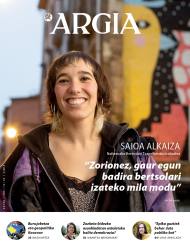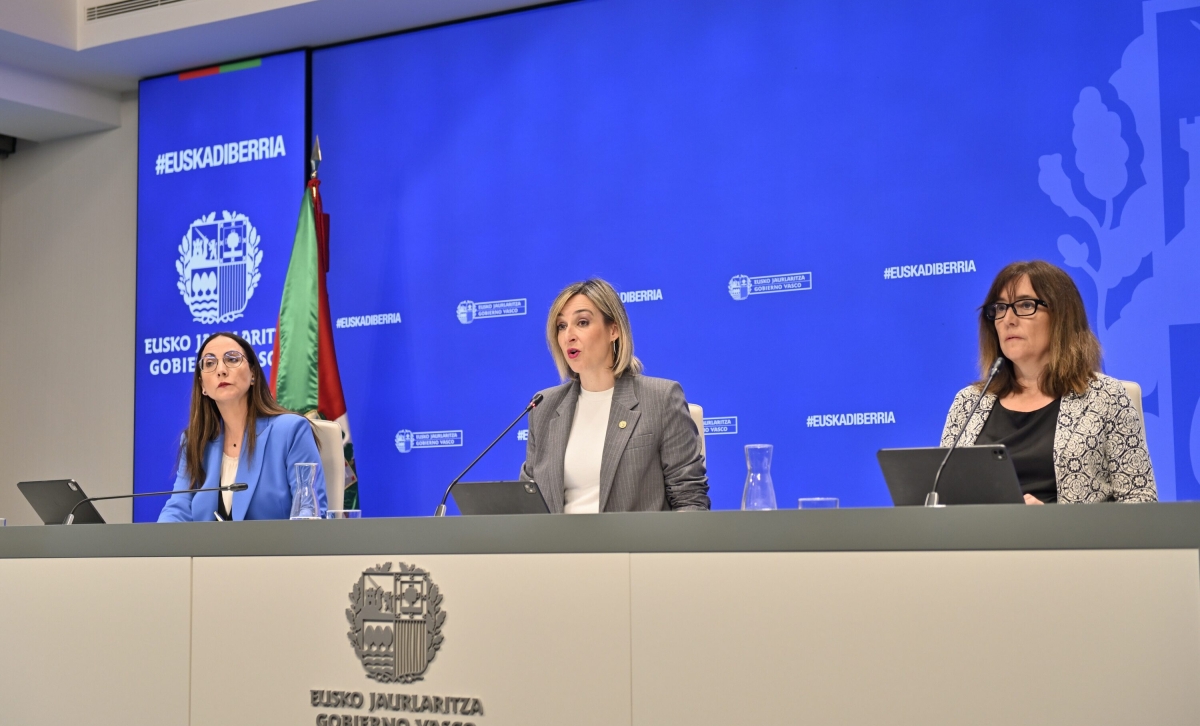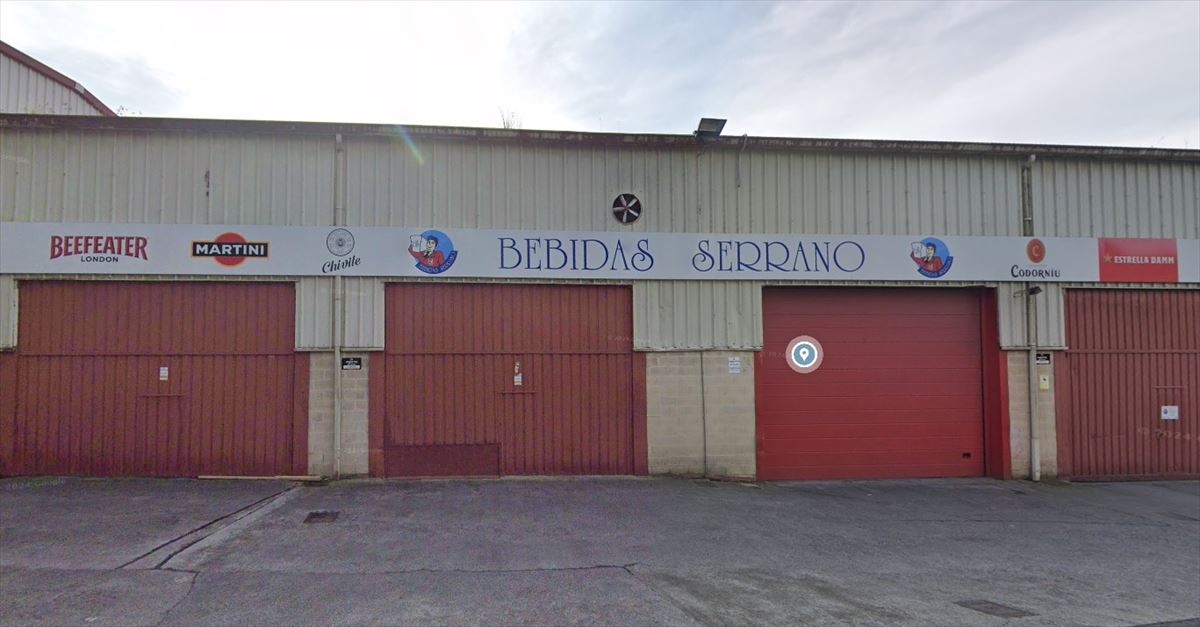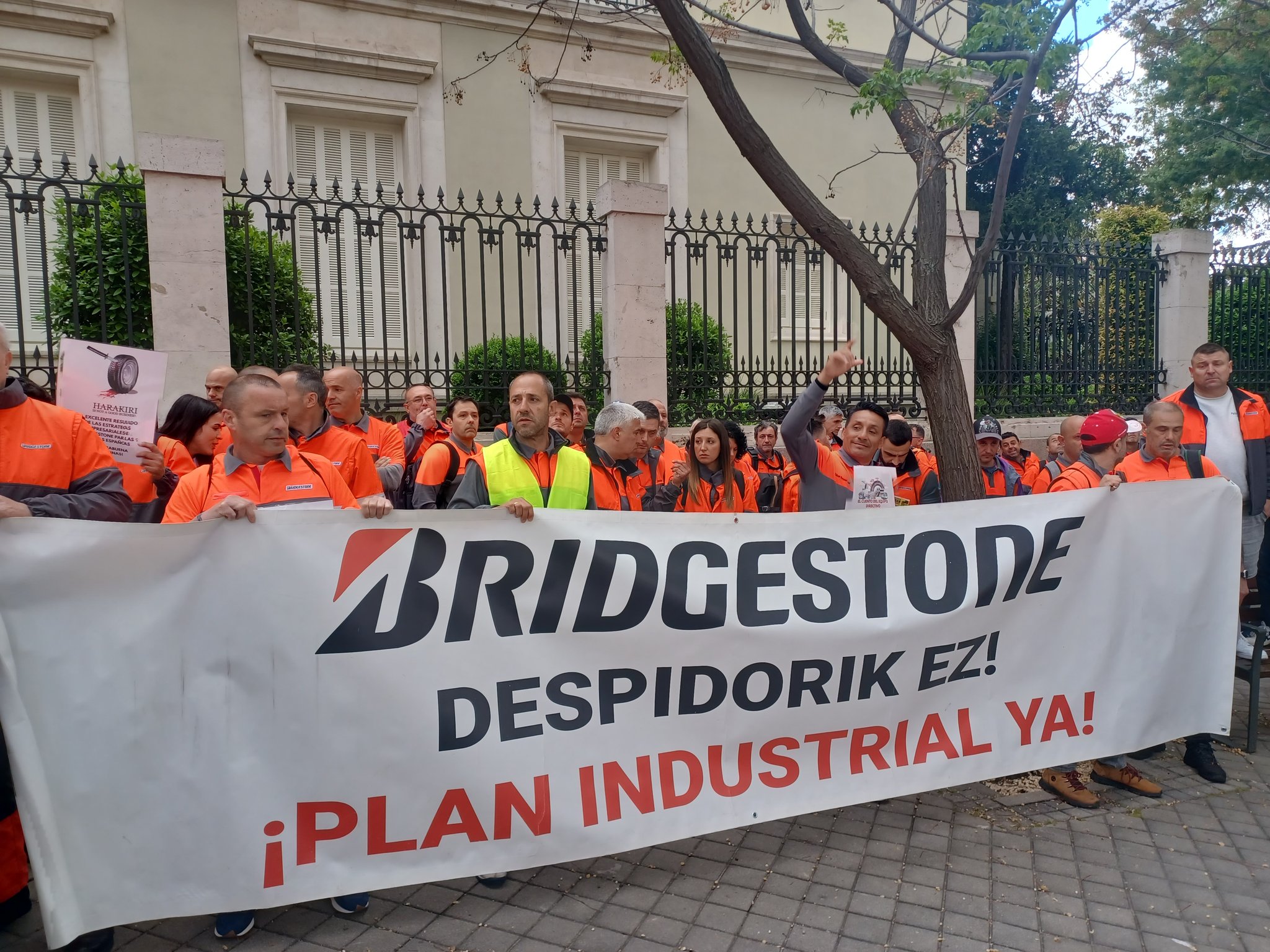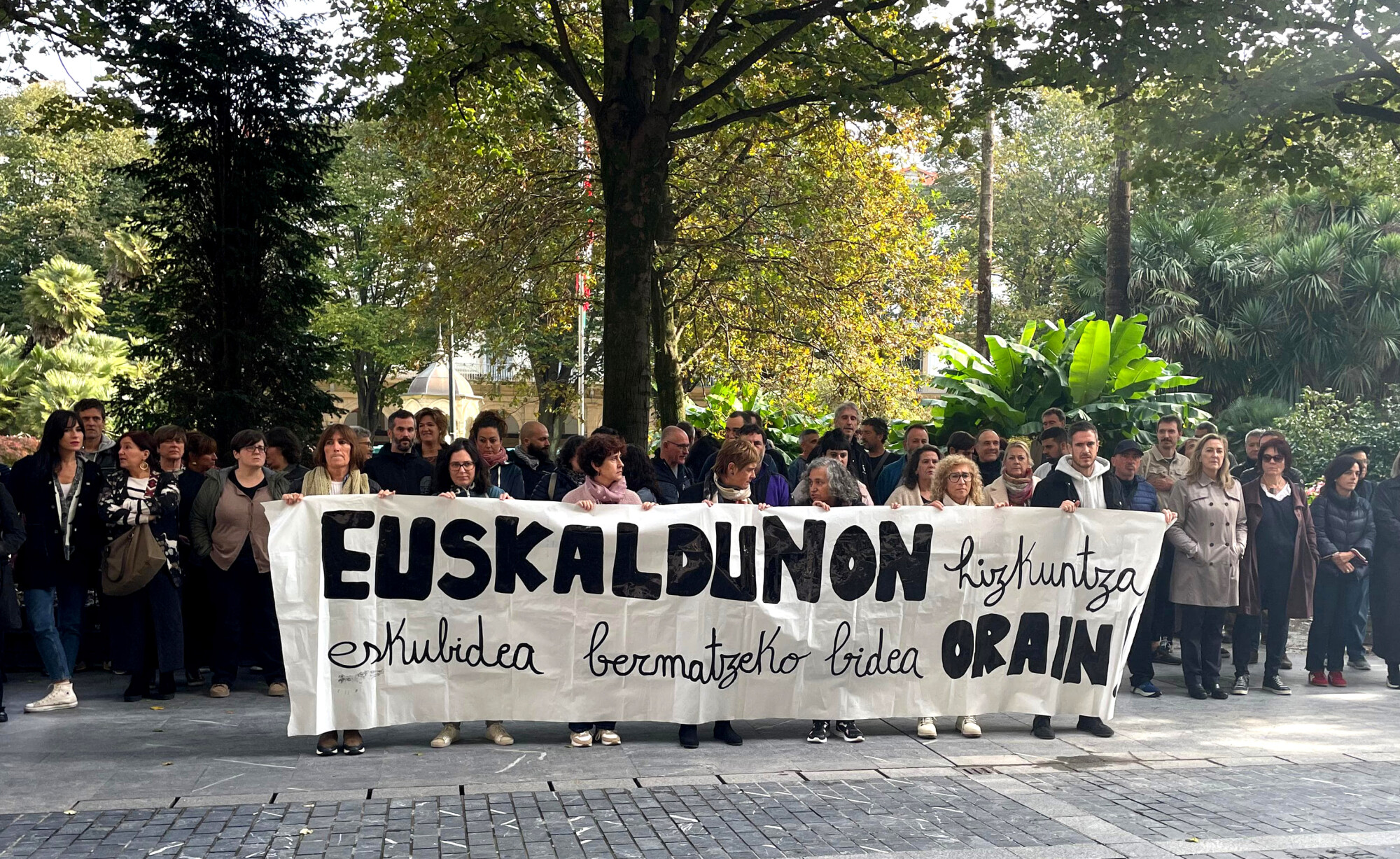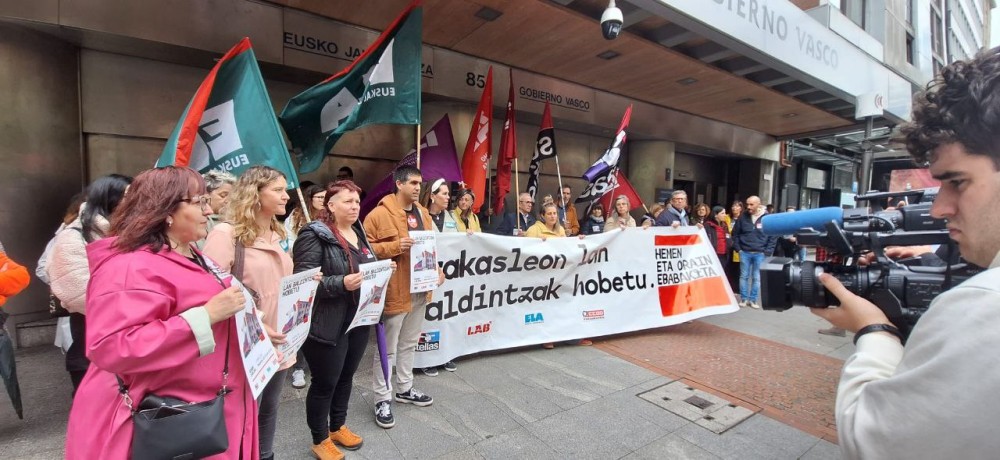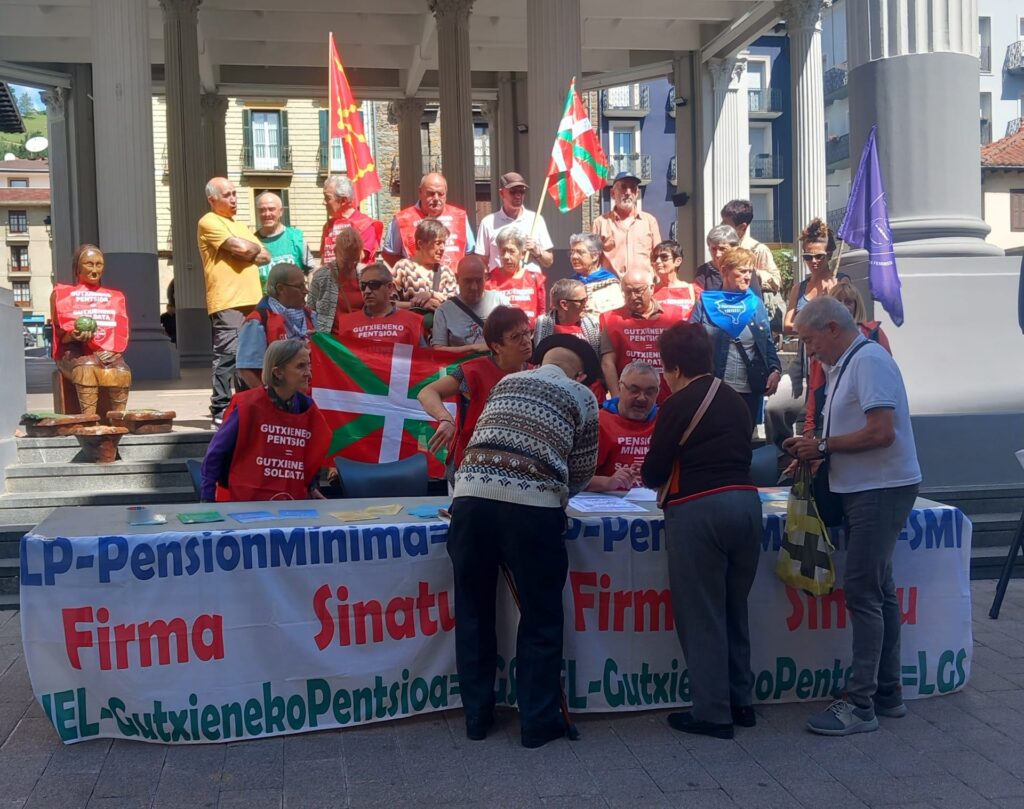Silent and effective old trade
- The Feinizos, without knowing the language and without deepening relations, carried out exchanges based on trust and respect with the peoples of the African coast.
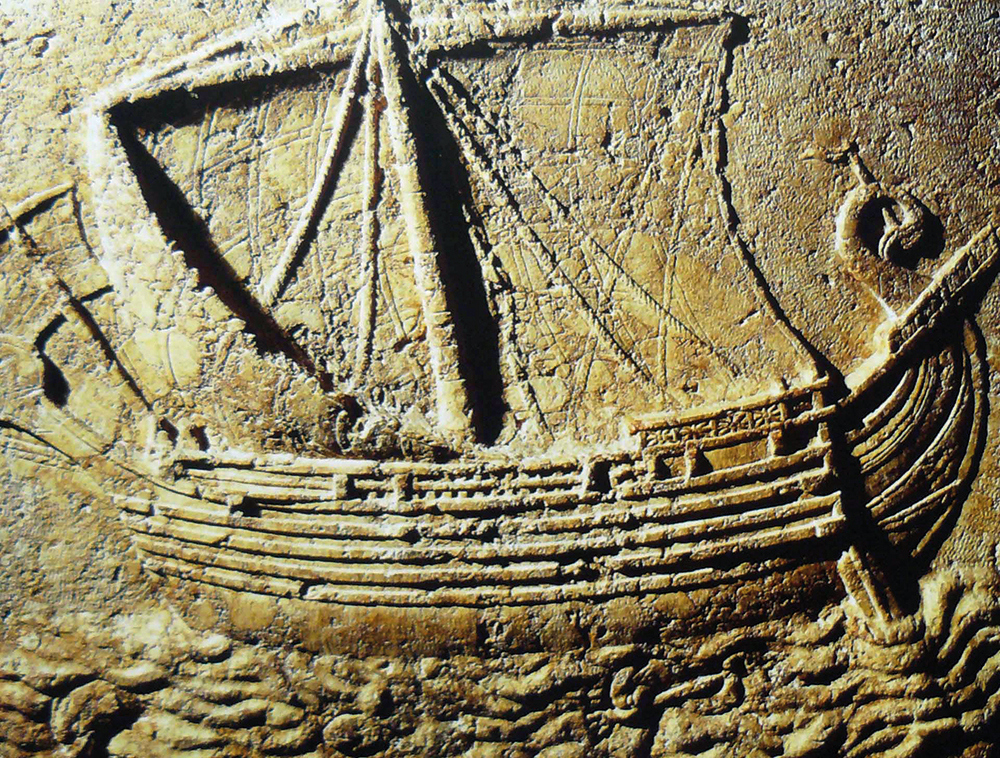
African coast, a.C. 7th century. According to Egyptian Pharaoh Nekao II, the Phoenicians sailed around Circumian Africa. They departed from the north of the Red Sea, traveled the entire eastern coast of the continent through the Indian Ocean, entered the Atlantic Ocean, headed north beyond the opposite winds and currents, and returned from the Strait of Gibraltar to the Mediterranean. Or that's what Herodotus says (484-425 BC) in Volume IV of History.
The Phoenicians left little material heritage and are known mainly by Greek and Roman historians. They mainly focused on navigation and trade, extending the Mediterranean from east to west, forming colonies on the African coast. In some cases, in Carthage, for example, real cities were created, in other walled port warehouses, there were conflicts with the Greeks to control the centres and routes, such as the battle of Alalia… But calmer commercial forms were used than turbulence and trepidation exchanges in the Mediterranean ports.
According to Herodoto, in his book IV, the Phoenicians made exchanges without any contact between the merchants in Libya, "beyond the Pillars of Hercules". The Greeks said to all of Africa when the Libyan Column and Hercules said they meant the Strait of Gibraltar. They carried out exchanges based on trust and respect without knowing the language of others and without deepening relations.
When the Phoenicians came to the coast, they left their goods on the beach and set fires to alert the locals that, through smoke, they could start in return. The locals then studied the goods and, in their opinion, left the repair they deserved, mainly in gold, along with the goods. If the Phoenicians considered the price to be the right one, they would take gold and then the locals would receive what they bought. “But if it doesn’t seem enough, they go back to the boats and the locals add more gold to meet the wishes of others, because it is known that some don’t touch gold until they get a proper price and others don’t touch goods until they take their own gold.”
Antonio Turiel fisikari eta CSICeko ikerlariak aspaldiko urteetan ez bezala bete zuen Hernaniko Florida auzoko San Jose Langilearen eliza asteazkenean. Zientoka lagun elkartu ziren Urumeako Mendiak Bizirik taldeak antolatuta Trantsizio energetikoaren mugak izeneko bere hitzaldia... [+]
A few weeks ago, the President of the European Union, Ursula von der Leyen, reported on the need for military spending of eight hundred billion euros. This expenditure is said to be in response to a military threat to which Europe is exposed, and it has been confirmed that there... [+]
Euskadi markak, eraikuntza sektoreko ekonomiaren estrategian, “industrializazioa” mantrarako hitz gisa hartu duela jakinarazi berri du Eusko Jaurlaritzak. Etxebizitza publikoaren eraikuntzan industrializaturiko prozesu eta elementuak lan guztien %65a izatea... [+]
As we explained in our book on adaptation, in view of the decline in European military spending since the late 1980s of the last century, at the beginning of the 21st century European death traders decided to organize themselves and structured themselves as lobbies imitating the... [+]
I found the old news on the LIGHT ephemeris channel: On April 23, 1918, Irish workers went on a general strike in I. Against forced recruitment for World War II. Thanks to the response of the workers and independence supporters, Britain was forced to retreat.
We don’t have to... [+]









